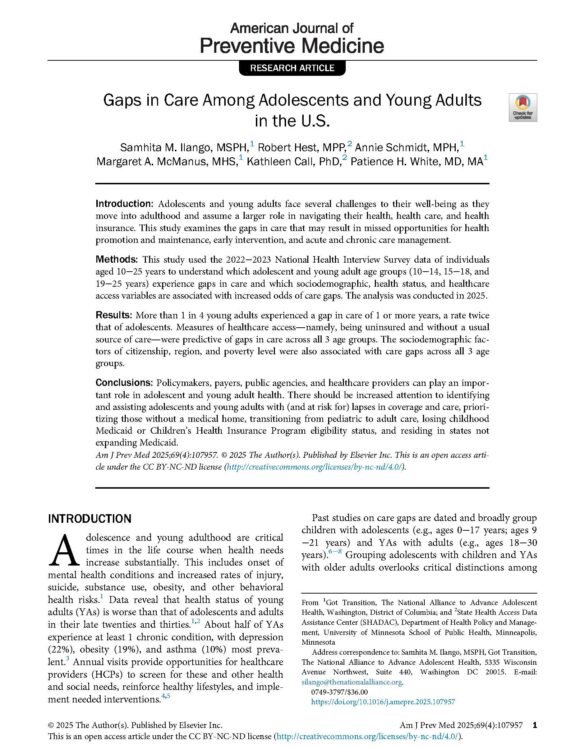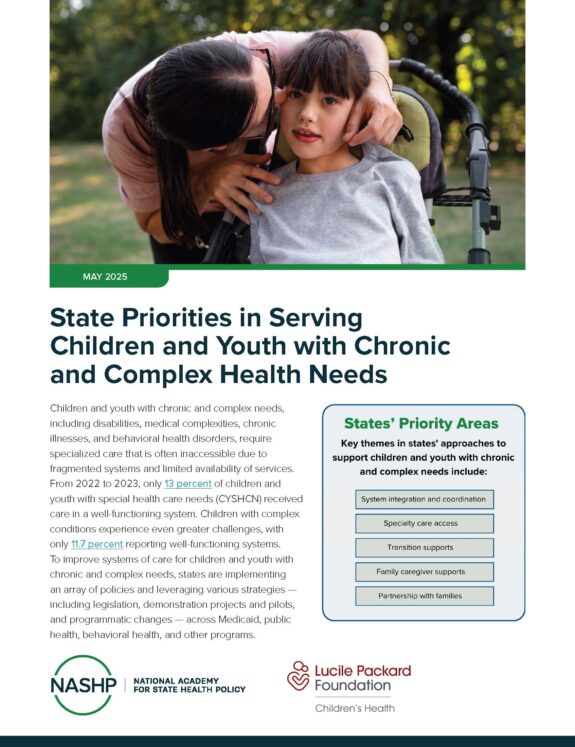Turning Stumbling Blocks into Stepping Stones
Nineteen-eighty-seven was the start of a long, often exasperating journey for Ann Cirimele and her family. Ann knew that something wasn’t quite right with the second of her three boys, 18-month-old Matthew. Already as a young toddler, his behavior was markedly different from other kids his age. He wasn’t interested in playing with anyone else. He would sit in place, often on a blanket in the living room, for long stretches of time, not curious to explore like his older brother. He had trouble adjusting to other environments, too. He’d get upset to the point where the family would have to cut their outings short and return home.
Ann suspected that Matthew had autism, but doctor after doctor told her that he was fine. “He has language ability, he doesn’t spin, he’s not self-injurious,” they would say to her. So she ignored her suspicions and assumed the doctors were right. As time passed, Matthew’s social skills did not improve, and while his motor skills advanced, conversation was strictly limited to Disney stories and characters. Four years later, when Matthew was almost 6, he was finally diagnosed with autism. “There was no joy in being right this time,” she says. “You play the cards you’re dealt but I always wonder if his life would’ve been different had he had early intervention.”
Ann’s own experience pleading for Matthew’s early treatment fuels her work at the Family Resource Network (FRN) in Stockton, CA, where she has been executive director for 17 years. FRN is a nonprofit, parent-led organization that provides support, information and resources to families that have children with special needs. It serves families in five California counties, all in the rural central valley: Amador, Calaveras, San Joaquin, Stanislaus and Tuolumne.
FRN is also part of the California Community Care Coordination Collaborative (“5Cs”), through which it leads a coalition of 25 CSHCN-serving organizations in San Joaquin County. Supported by the Lucile Packard Foundation for Children’s Health, the 5Cs project is focused on improving communication and coordination across agencies. As project lead, FRN is creating “Health Navigator” roles within each agency to serve as primary contact points between agencies. Once in place, Health Navigators, or special advocates, will be able to answer questions and problem solve with other agency representatives about medical payments, coverage, services and more.
Many of the FRN families that Ann serves live in remote areas and spend hours driving to their children’s medical appointments as far as 80 miles away. None of the five counties have major medical centers with the specialists needed for children with complex health conditions. Transportation challenges for CSHCN in remote areas are acute. Providers often balk when asked to drive CSHCN to their appointments—they cite low reimbursement rates from Medi-Cal, the state health care program that covers low-income patients. Providers say that Medi-Cal rates aren’t sufficient to cover the time required to drive a patient to an appointment, wait during the appointment and drive the patient home. In its systems change work, the 5Cs group is examining how policy changes could improve reimbursement rates.
For Ann, a case involving an infant with a tracheotomy tube underlined the logistical nightmare that many families face. The infant’s condition required that her tube be suctioned every 15 minutes. Her mother had a car and was able to drive her daughter to her doctor’s appointment in San Francisco, but that meant no one was available to suction the tube. Thankfully, after a frantic series of phone calls, FRN was able to provide information to help the mother find a Non-Emergency Medical Transportation provider willing to take mother and daughter from Stockton to San Francisco and back. Ann was relieved to have helped this family, but through her 5Cs work, she’s working to improve the system of care so that all families can find transportation, and access care in general, with much greater ease.
“Any time we can help families reduce stress levels, help them understand their child’s disability better, help them understand the system better—that’s a good day for us,” she says. “We find a way to turn stumbling blocks into stepping stones.”
In addition to the hundreds of families that FRN has helped, Ann says that she’s benefited from her work in a number of ways. She and her two other sons have all become more effective advocates for Matthew. Now 30, Matthew attends an adult day program where he and 12 others sing in a cover band, The Advocates. They’ve performed their repertoire, which includes Earth, Wind & Fire and the Beach Boys, all over California. You can watch a video of the band here.



